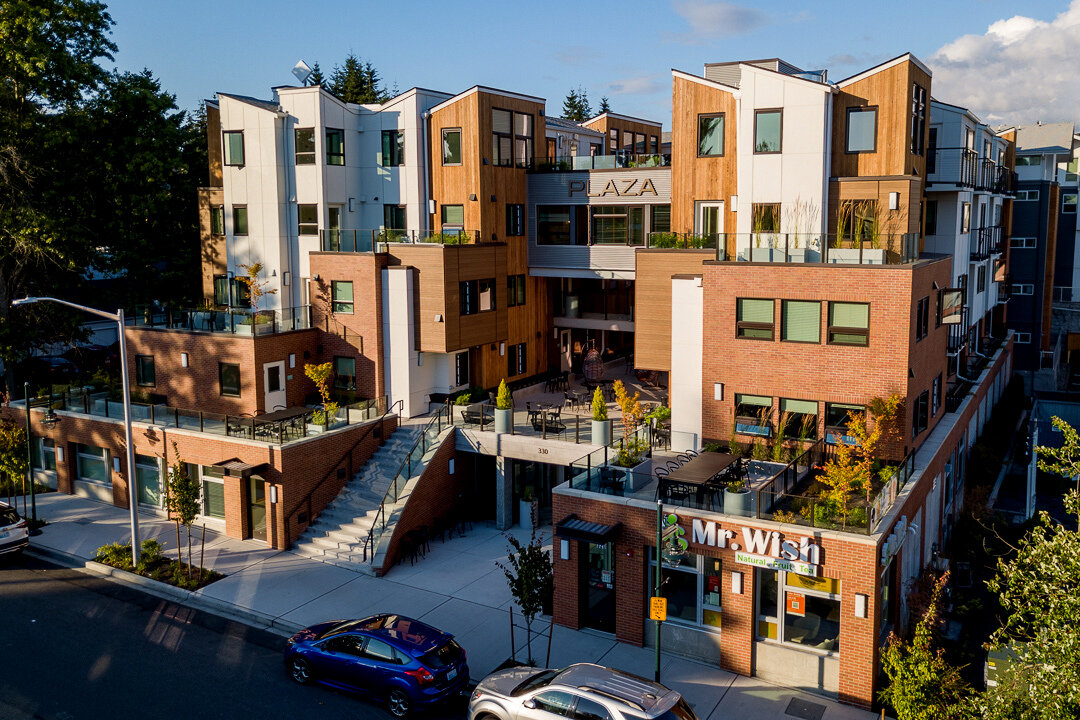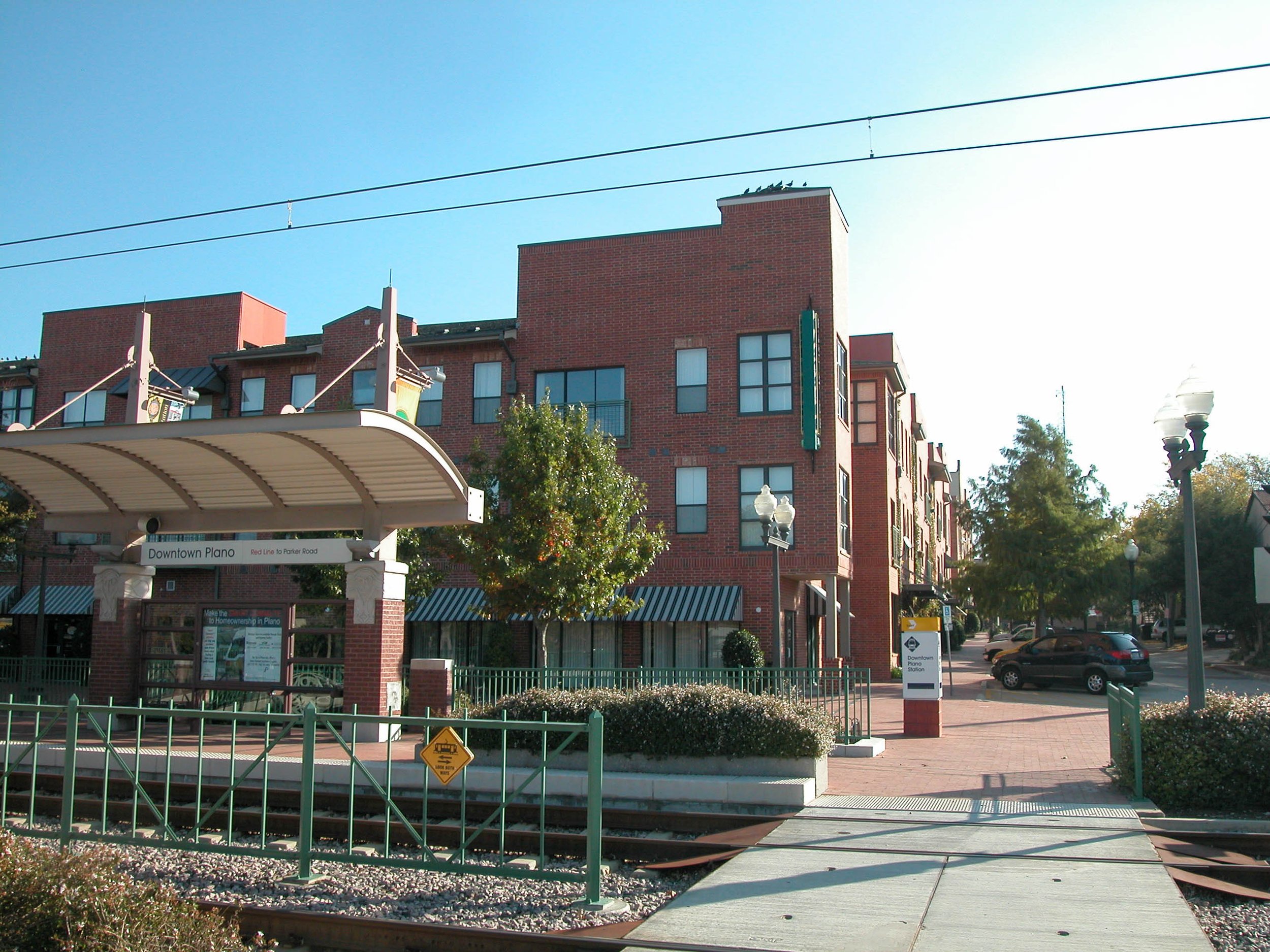Land Use Regulation
Cities have great ability to regulate the use of land, primarily through zoning policies that determine what uses are allowed or disallowed in what areas. These zoning policies are critical for ensuring that new development is sustainable, and can also be used to prohibit uses that are accelerating the climate crisis, such as fossil fuel extraction and refinement.
Mixed Use Zoning
Mixed use zoning is when residential, commercial, industrial, and other uses of land are all permitted in one area. This allows residents to access what they need by walking, biking, or rolling rather than driving. Ending single family zoning and integrating commercial and residential life drastically reduces transportation emissions by reducing automobile dependency. Mixed use zoning also allows for increased density, thereby preventing sprawl without curtailing development.
Ban On Fossil Fuel Extraction, Refinement, and/or Processing
Fossil fuels are the greatest driver of human-caused climate change. Bans or moratoriums on fracking, mining, drilling allow a municipality to help stop perpetuating dependence and use of fossil fuels. In communities without active extraction, protective bans can be put in place to prevent future extraction. Bans can also be put in place on new fossil fuel processing infrastructure, and/or sunsets on active extraction sites or facilities.
Ban on New Gas Stations
Municipalities are assessing their needs for existing and new gas stations as changes are happening in the transportation district. Increasing demand and usage of electric or hydrogen fuel powered cars diminish the need for gas stations, increasing demand for alternative fueling/charging sites. Gas stations also pose risks to the local community through leaks into the environment, particularly into drinking water sources.
Smart Growth
Smart growth aims to add new homes, businesses, parks, recreational facilities, and other amenities to a community without increasing negative environmental impacts. Policies included in this section aim to increase economical infill development while ensuring the preservation of natural areas.
-
The Role of Compact Development in Reducing GHG (ULI, 2010)
Smart Growth Implementation Toolkit (Smart Growth America, 2015)
Smart Growth Principle Examples (Smart Growth Online, 2022)
Smart Growth in Small Towns and Rural Communities (EPA, 2022)
Understanding Smart Growth Savings (Transport Policy Institute, 2023)
-
Transit Oriented Development
Transit-Oriented Development is when local officials utilize public investment and zoning policies to encourage density and urban development centered around public transit. This allows for public transit systems to be more effective and reduces the need for cars. The promotion of transit-oriented development has been shown to improve air quality, increase ridership, and improve safety for pedestrians and cyclists.
Urban Growth Boundaries
Urban growth boundaries or green belts are a policy used to prevent urban sprawl and preserve natural ecosystems. The concept involves utilizing zoning policies to create a designated green space that surrounds an urban area where new infrastructure cannot be developed. This helps to ensure that the urban area cannot sprawl past the greenbelt, protecting the wildlife and vegetation that exist directly outside of the city. In addition to preserving surrounding ecosystems, green belts enable city officials and urban planners to prioritize density, micromobility, and transit-oriented development.
Additional Resources on Land Use Regulation:
Land Use Law Center for Sustainable Development (Pace Law School, 2022)
We can’t beat the climate crisis without rethinking land use (Brookings Institute, 2021)
Better Town Toolkit (Regional Plan Association & Orange County Planning Department, 2023)
Opportunities To Reduce Climate Risks Through Land Use Regulations (HUD, 2022)






